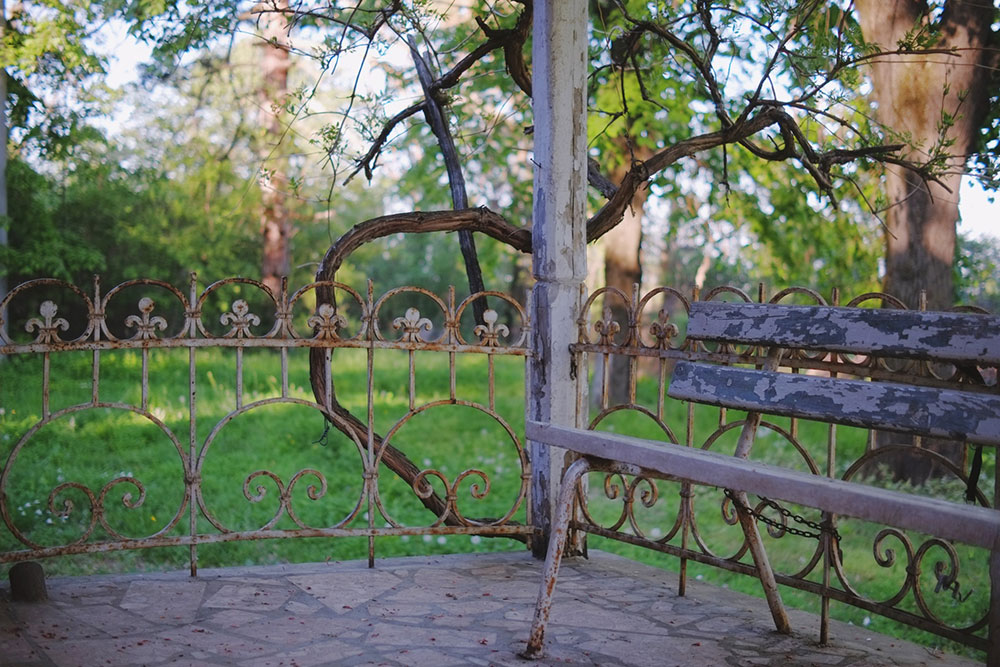
Brutalism is the only political ideology of the ruling coalition. The deaths of children and young people have become central events in the community. News (even on RTS) are filled half with missing and unfound children, and half with trials for the murders of children and young people. These and similar events keep getting new incarnations. It won’t stop. Those in power still do not ask themselves what they did wrong, but seek to “prevent” new disasters by announcing every day the introduction of the death penalty. The same death penalty that the current Minister of Justice thought had never been abolished in Serbia, which was already written about in Peščanik.
The Serbian ruler and usurper (the latter – because he stole the elections) believes that the best cure is the hair of the dog that bit you. It is from that theory that the mistaken belief that new deaths can be prevented with the death penalty probably originated. The Progressive party appeals to the most primitive, most base, and worst in people.
The red-black coalition from the nineties had a family reunion to participate in the new Belgrade elections. Ivica Dačić felt the need to prove himself to the new-old Radical community. Thus, our Minister of Foreign Affairs (and the new special envoy for Kosovo’s non-acceptance to the Council of Europe) said that “the referendum on the return of the death penalty in Serbia might well pass, but the question is whether changes to the Constitution should be initiated because of this”. I’m really in favour of the death penalty, says Dačić, but I think it’s hard to achieve.
Dačić went on to attribute his own brutality to the citizens, and speaking of the suspects for the murder of a two-year-old girl, he said:
“I think ordinary people would strangle them with their bare hands. The question here is, if we want to go for the death penalty, we must first start from the Constitution, to change the Constitution. And we know what it takes to change the Constitution.”
Maybe someone knows what it takes, but not Dačić, even after thirty years in politics. It is not important whether Dačić himself is in favour of the death penalty, it is not even a question of whether a referendum on the return of the death penalty would be supported or not. What is crucial that such a referendum could not even be called in Serbia at this moment for legal reasons.
Namely, the death penalty was abolished by Protocol 6 of the European Convention (“The death penalty shall be abolished. No-one shall be condemned to such penalty or executed”). No signatory to the Convention, including Serbia, may deviate from this prohibition even in extraordinary circumstances (it can only do so in wartime circumstances, under certain conditions). States, including Serbia, cannot place reservations on Protocol 6, that is, they cannot be exempted from the prescribed prohibition of the death penalty.
According to the Constitution, which Dačić would like to change, international treaties are part of the legal order, and the Constitution also stipulates that obligations arising from international treaties cannot be subject to a referendum. In other words, the Convention is not a foreign body to our legal order, it is its integral part. As such, it cannot be subject to review by the voting machine from Dačić’s imagination.
A lot has been said and written about the legal and humanitarian reasons for abolishing the death penalty. Essentially, those reasons could be reduced to one – no one, not even the state, has the right to take a life.
It is clear that Vučić and Dačić, this time grinning side by side from the joint electoral list, reunited, are playing with their favourite topic – life and death. It is also clear that this topic is convenient for diverting from numerous accumulated problems – from the crisis of government, the election crisis, to the crisis in our wallets. Even so, it’s worth paying attention, if only for a moment, to this draconian spin. It is just another confirmation that the duo that has been riding on for thirty years is by no means made up of the two best students and political wizards, as they are often presented to the public. Rather, it is made up of two people of base motivations who are authentically unable to speak the truth – even in moments of prolonged collective grief.
Translated by Marijana Simić
Peščanik.net, 18.04.2024.
- Biografija
- Latest Posts
Latest posts by Sofija Mandić (see all)
- Pogrešno pitanje - 30/04/2024
- Dogovor koga nema - 19/04/2024
- Dačić’s referendum - 18/04/2024


